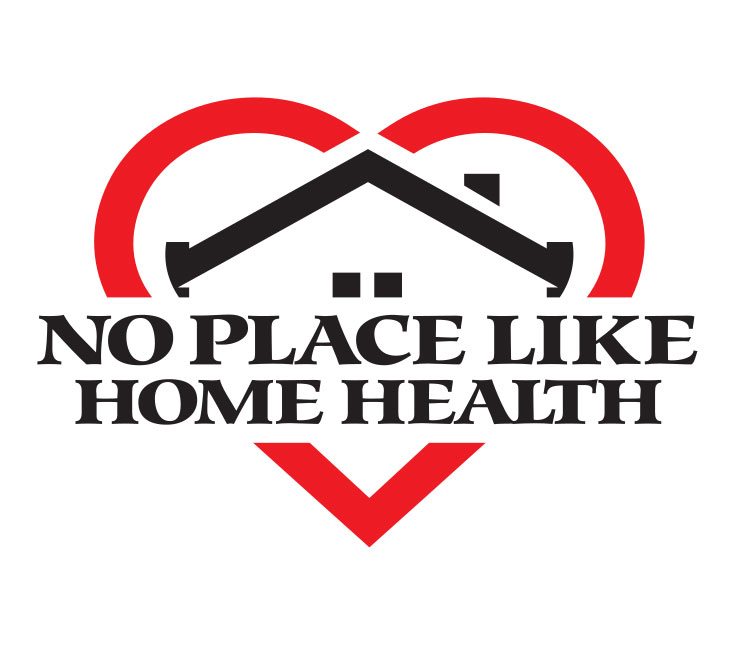What Do You and Your Senior Need to Know about Shingles?
November is National Healthy Skin Month, and it’s important to know about different issues that could affect the health of your senior’s skin. Shingles is an extremely painful skin virus that may cause your elderly family member to have more difficulty in recovery than she expects. If she does have risk factors for shingles, your elderly family member may want to have companion care at home lined up for assistance.
What Is Shingles?

Companion Care at Home in Canton, MI: Seniors and Shingles
Shingles is a viral infection that is part of the herpes family, just like chickenpox and cold sores. The virus can occur anywhere on the body, but most people experience an outbreak around the torso. The rash usually shows up on one side, but the pain may wrap around the entire torso. The virus that causes shingles is the same virus that caused chickenpox, so if your senior had chickenpox when she was younger, she may be at risk of shingles later in life.
Symptoms
There are plenty of common symptoms of a shingles outbreak, but not everyone experiences shingles exactly the same way during an outbreak. There’s usually pain or tingling before the outbreak itself and your senior may complain that some parts of her skin are more sensitive than others. Eventually she is likely to break out in a bright red rash that becomes blistered. That rash is likely to be extremely itchy and painful. Your senior may also experience symptoms like fever, fatigue, and headache.
Treating Shingles
There is no cure for shingles, but your elderly family member’s doctor may be able to prescribe some medications that can help with the symptoms. Antiviral medications can shorten the length of the shingles outbreak and may help a little bit with healing. There may also be other medications prescribed to help with pain, depression, and healing the skin. Cold compresses can also help with pain.
Complications of Shingles
There are also complications that can arise out of a shingles outbreak. Many people experience something called postherpetic neuralgia, which is pain and sensitivity long after the shingles rash has faded. Other people may experience neurological issues or vision loss, depending on where the outbreak occurs. If your elderly family member scratches the blistered rash, skin infections can occur.
If your elderly family member is dealing with a shingles outbreak, it helps for her to have someone there with her to offer assistance. Companion care at home can assist with keeping your senior comfortable. Elderly care providers can also contact her doctor if your senior’s symptoms become worse.
If you or an aging loved-one is considering Companion Care at Home in Canton, MI please contact the caring staff at No Place Like Home Health, LLC today. 734-259-4200
- How Does Physical Therapy Help Seniors with Arthritis? - March 21, 2025
- In-Home Care Can Help Your Senior Parent Get Around Safely - March 6, 2025
- Comprehensive Care Plans for Seniors Aging in Place - February 17, 2025
